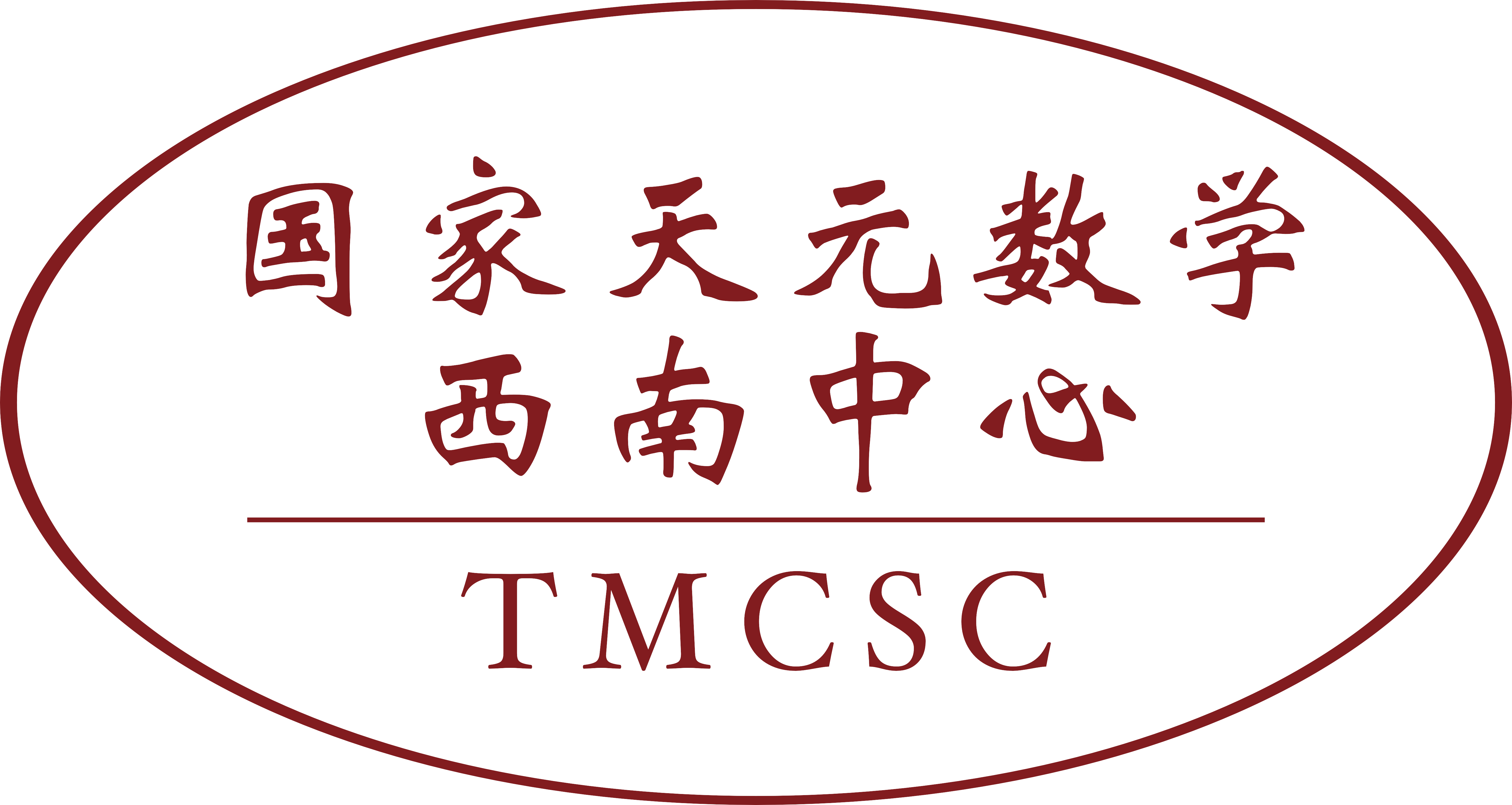A novel MM algorithm and the mode-sharing method in Bayesian computation for the analysis of general incomplete categorical data
[TMCSC]
July 16, 2018 16:00-17:00
N110 School of Mathematics, Sichuan University
![[lecture]Guoliang Tian0716-01.png [lecture]Guoliang Tian0716-01.png](http://tianyuan.scu.edu.cn/upload/default/20180711/%5Blecture%5DGuoliang%20Tian0716-01.png)
SPEAKERS
田国梁(南方科技大学)
ABSTRACT
Incomplete categorical data often occur in the fields such as biomedicine, epidemiology, psychology and sports. In this paper, we first develop a novel minorization-maximization (MM) algorithm for calculating the MLE of parameters for general incomplete categorical data. How to develop the corresponding stochastic counterparts to existing MM algorithms is an important research topic. Up to now, we have not seen any papers that proposed a stochastic version of an MM algorithm. This is the first paper to propose a mode-sharing method in Bayesian computation for general incomplete categorical data by developing a new acceptance-rejection (AR) algorithm aided with the proposed MM algorithm. The key idea is to construct a class of envelope densities indexed by a working parameter and to identify a specific envelope density which can overcome the four drawbacks associated with the traditional AR algorithm. The proposed mode-sharing method has three significant characteristics: (1) it can automatically establish a family of envelope densities {g_\lambda(.): \lambda \in S_\lambda} indexed by a working parameter \lambda, where each member in the family shares mode with the posterior density; (2) With the one-dimensional grid method searching over the finite interval S_\lambda, it can identify an optimal working parameter \lambda_opt by maximizing the theoretical acceptance probability, yielding a best easy-sampling envelope density g_{\lambda_opt}(.), which is more dispersive than the posterior density; (3) it can obtain the most optimal envelope constant c_opt by using the mode-sharing theorem (indicating that the high-dimensional optimization can be completely avoided) or by using the proposed MM algorithm again. Finally, four real data sets are used to illustrate the proposed methodologies.
(This is a joint work with Dr. Yin LIU and Professor Man-Lai TANG)
ORGANIZERS
Hui Kou (Sichuan University)
Xu Zhang (Sichuan University)
Jie Zhou (Sichuan University)
SUPPORTED BY
Tianyuan Mathematical Center in Southwest China
School of Mathematics, Sichuan University
